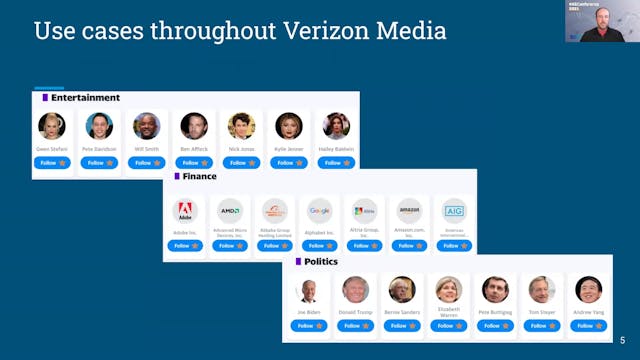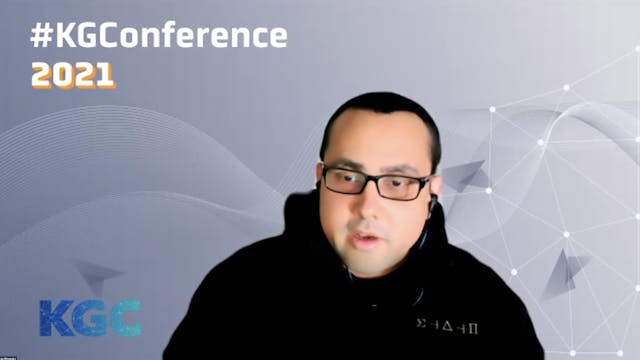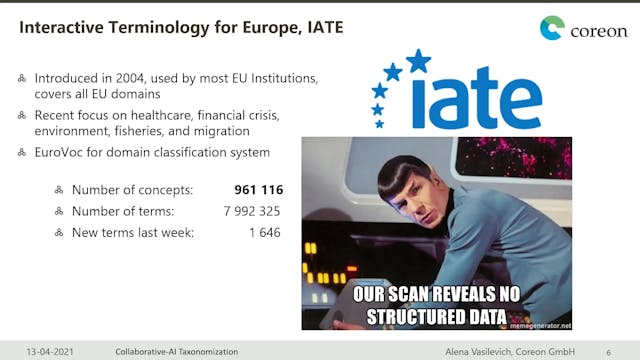Amgad Madkour | Entity Life Cycle In Search-Centric Knowledge Graphs
KGC | All Access Subscription
•
20m
Entity-based results are becoming an integral part of the search experience. Search-centric companies highly rely on knowledge graphs in providing the necessary information for building rich search experiences. An entity can originate from a structured, semi-structured, or unstructured data source. An entity passes through a series of stages to be onboarded into a knowledge graph and then served as part of a search result. This talk presents the life cycle of an entity including extraction, schema mapping, ingestion, entity resolution, data quality, and publishing. It covers the challenges and approaches employed at each stage. It also introduces some of the different experiences that can be generated for a given entity. Finally, it covers the multilingual aspect of knowledge graphs and the challenges of maintaining them at scale.
#knowledgegraphs #knowledgegraphconference #knowledgegraphschema
Up Next in KGC | All Access Subscription
-
Mike Welch | Serving A Web Scale Kno...
The Yahoo Knowledge Graph powers entity data for user experiences across multiple products at Verizon Media, from search to media to ads. Nodes in the knowledge graph correspond to real world entities: people, places, movies, sports teams, and so on. The edges represent semantic relationships bet...
-
Ryan Wisnesky | How To Optimally Merg...
In this talk we describe a new technique for merging knowledge graphs: translating the knowledge graph schemas into categories and the knowledge graph data into functors, then applying the "co-limit/pushout" construction from a branch of mathematics called category theory to merge these categorie...
-
Alena Vasilevich | Benefits Of Collab...
In the realm of data-driven businesses, structured data, being highly organized and easily understood by machines, is a valuable resource. IATE, with almost one million concepts storing multilingual terms and metadata, holds a large part of the textual knowledge of the EU. However, it can only be...



